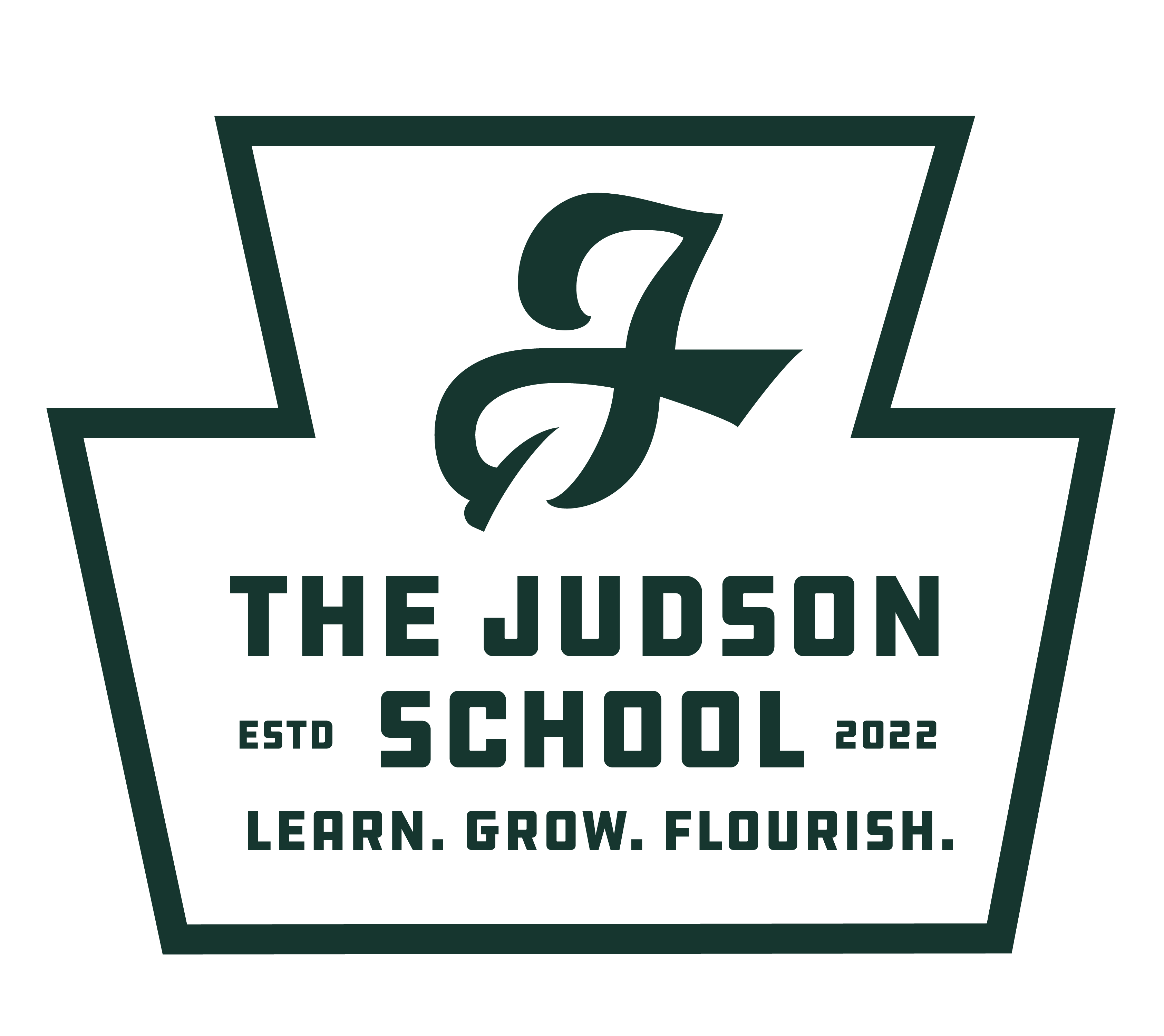The Judson Difference
Foundations of Early Childhood Education at the Judson School
KEY THOUGHT: EVERYTHING WE DO AT THE JUDSON SCHOOL IS WITH THE CHILDREN OF JUDSON IN MIND.
THE UNIFYING IDEA OF OUR APPROACH IS “CONNECTION”. EARLY CHILDHOOD IS A UNIQUE SEASON OF LIFE.
CHILDREN MAKE ESSENTIAL CONNECTIONS TO THEIR WORLD, TO GOD, TO OTHERS, AND TO THEMSELVES.
These principles are a re-statement of an approach to early childhood education developed by Friedrich Froebel. In the late 1700’s Froebel pioneered the idea of Kindergarden. Froebel believed the experience of small children should resemble a beautiful garden, not a factory. His ideas formed the foundation of modern early childhood programs such as Montessori and Reggio Emilia. Froebel developed his theories primarily through long and careful observation of children. What Froebel found is verified by the experience of careful observers in virtually all cultures of the world. How do humans make connections leading to growth? How do SMALL HUMANS make connections leading to growth? Preschoolers learn through…
PLAY
NATURE
ARTISTIC EXPRESSION
LOVE
EXPLORATION
COMBINING CONCRETE AND SYMBOLIC LEARNING
PROBLEM-SOLVING
NURTURING AWARENESS
As we observe, document, and celebrate the daily connections our children make we will INDIVIDUALIZE our approach to each child based on what we learn about how they learn.
